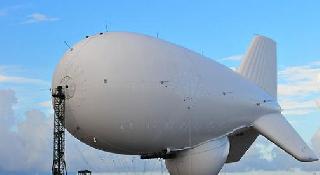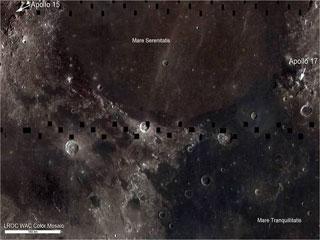
Joint Land Attack Cruise Missile Defense Elevated Sensor System (JLENS). Photo: Raytheon.
TEWKSBURY, MASSACHUSETTS (BNS): Raytheon Company's aerostat system - Joint Land Attack Cruise Missile Elevated Netted Sensors (JLENS) - recently completed a successful 14-day endurance test at a range in Utah demonstrating its readiness.
"This recent 14-day endurance test demonstrates JLENS' capability now to be airborne on station for an extended period performing its surveillance mission at lower costs than other systems and in a reliable manner," David Gulla, vice president for Global Integrated Sensors at Raytheon Integrated Defense Systems (IDS), was quoted as saying in the company news release.
"This test, along with others, is proving JLENS' value as a critical component of the larger integrated air and missile defense mission," he added.
Raytheon is conducting JLENS flight tests at the Utah Training and Test Range near Salt Lake City.
The system is primarily designed to detect, track and support engagements of cruise missiles and other air breathing aircraft.
JLENS is fully capable of detecting air, missile and surface threats on land and at sea. Providing reliable persistent surveillance -- staying aloft and operational for up to 30 days at a time -- is another important feature of the system, the release added.
The system, known as an "orbit," consists of two tethered 74-meter aerostats that can be elevated to 10,000 feet.
One aerostat contains a surveillance radar that provides 360-degree coverage out for long distances over land and sea. The other aerostat lifts a fire control radar. Also, each of the aerostat platforms has the capability to integrate other communications and sensor systems.
 Previous Article
Previous Article Next Article
Next Article













The Indian Air Force, in its flight trials evaluation report submitted before the Defence Ministry l..
view articleAn insight into the Medium Multi-Role Combat Aircraft competition...
view articleSky enthusiasts can now spot the International Space Station (ISS) commanded by Indian-American astr..
view article